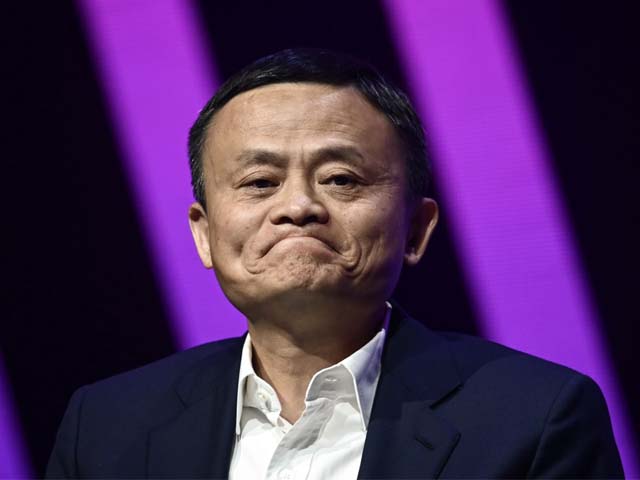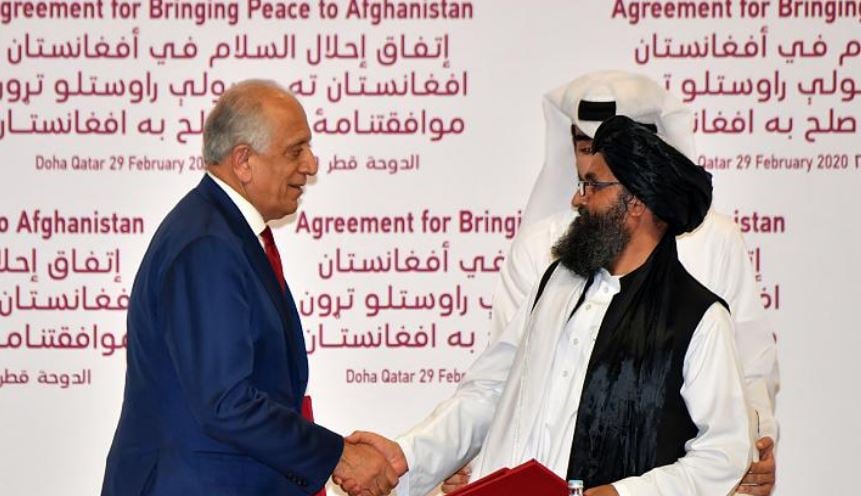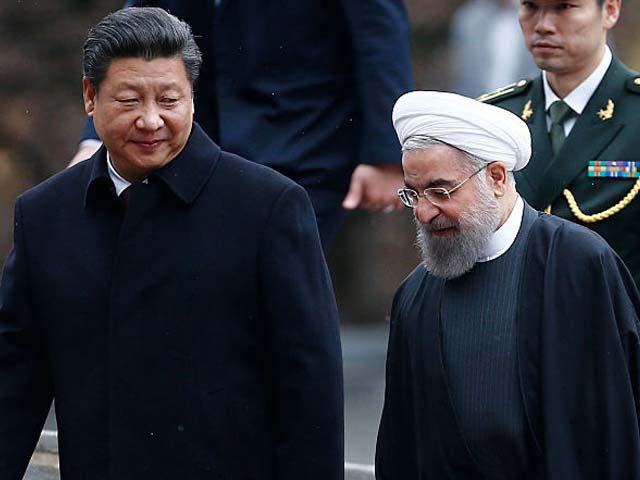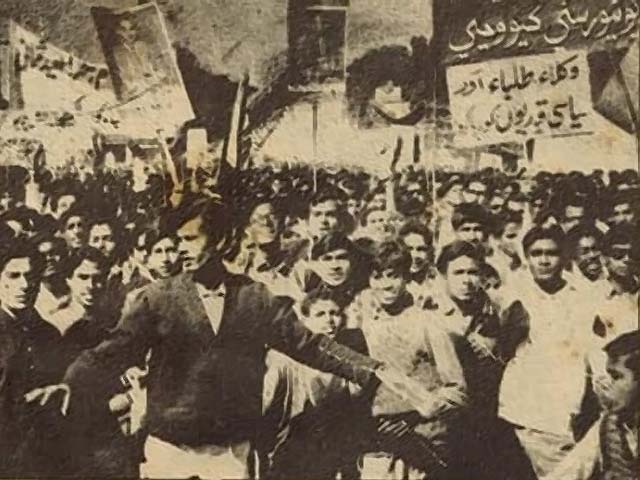
The curious case of China’s missing billionaires
It appears that the dragon in East Asia is under fire once again from the global community. This time it is because of the missing billionaire, Jack Ma, largely hailed as the face of new China. So where is Ma? This is the question that has irked many political observers, both at home and abroad. Not falling prey to speculation and propaganda, China has a tainted track record against dissent and criticism. The international community was still pondering over reprimanding China for its treatment of the Uighur minority inhabiting the Xinjiang Uyghur Autonomous Region in Northwest China when this fresh tirade of weaponry was made available to them.
Ma was last seen at the Shanghai Bund Summit on October 24, 2020, where he criticised the Chinese regulators for creating a hostile atmosphere for entrepreneurship and innovation. Comparing the lending practices in China to “pawnshop mentality”, the billionaire remarked that “Chinese finance has no system.” Within a month, he had to face the brunt of the Communist Party of China, which not only pulled the plug on his financial giant Ant’s upcoming $37 billion IPO on November 3, 2020, but also increased the intensity of antitrust investigation against Ma’s Alibaba.
In this sequence of events, Ma also did not appear on the final episode of his business talent show “Africa’s Business Heroes.” All of this is reportedly being done at the behest of Xi Jinping himself. What reaffirms this claim is the continuous censorship of information related to Ma and Alibaba by the government’s propaganda department, forcing the media to publish only the official statements. It is difficult to decipher the facts since most of China’s most prominent newspapers are state-run. Hence, we have to rely solely on what little news comes out of our neighbor, or through western media outlets.
This is not the first time billionaires have gone missing or mysteriously returned in government custody accepting charges of corruption, embezzlement and so on. Some were even hanged in sham trials. Ever since Beijing passed a law in 2013 allowing arbitrary and secret detentions, many Chinese moguls have mysteriously dropped off the radar. It can be noted as a part of a larger pattern on what happens with dissenters and critics of the Chinese Communist Party (CCP). Jennifer Wang in her article for Forbes lists down the prominent personalities that had encounters with the party similar to those of Ma.
The Chinese Warren Buffet, the founder and chairman of Fosun International, Guo Guangchang and the Fashion billionaire, Zhou Changjian disappeared from public life in 2015 and 2016 respectively with no explanation. Similarly, Wang points out that Ren Zhiquian, a Chinese real estate billionaire, was expelled from the CCP in 2020. His assets were seized, and Ren was sentenced to 18 years. What was his crime? Ren criticised the party over its handling of the Covid-19 pandemic, and at one point referred to Xi Jinping as a “clown.” Lai Xiaomin, the former chairman of China Huarong Asset Management, was sentenced to death on charges of bribery and corruption. The list is long and cumbersome.
The message of the party for the business elite is loud and clear. The party is everything. Either, you show loyalty to the party, or be erased from existence. ‘‘There is no so-called [Ma] era,’’ read a recent headline in the CCP mouthpiece People’s Daily, ‘‘but only an era that has [Ma] in it.” The state paper said in 2019 that, “If you disregard your food and make use of the policy advantages given by the state to do business that is not conducive to economic development and not beneficial to the people's lives, you will only end up reaping the consequences.” Looking at current events, it is clear that Alibaba’s founder should have paid heed to this warning.
In totalitarian regimes, you can be the party’s favourite, but it only takes a fraction of a second to fall out of favor. It appears that the CCP is all set to tighten the screws on the business elite, more so on dissenting voices. Why is the dragon in East Asia so insecure? In the words of Julian Assange, “What does censorship reveal? It reveals fear”. Fear from what? Is the exercise of free-will and thought so dangerous for the authoritarian party of China, that they go to extraordinary lengths for an all-out attack on dissent?
Whether it is the Chinese treatment of their minorities in largest human concentration camps, or their complete silence regarding an investigation into the spread of Covid-19 last year, one thing is evident; the CCP fears criticism and imposes a doctored image of itself. Just look at the story of Ma. From being one of the richest people in China, an inspiration for youth across the nation, to being labelled as an “evil capitalist” and a “blood sucking vampire” to be despised. This is a daunting case for many, especially those who want to adapt the Chinese model at home.




COMMENTS (2)
Good article on the state of free speech in China.
So there is a marked contrast between China and US namely in the US corporatists and their lobbyists nearly always exercise enormous control of government contrasted to China where if corporatists were allowed to follow the US model little if any central planning every man for himself big fish eats the little fish China would be in a shambles. America s laissez-faire free market economy shows itself flawed by the fact of stagnant wages since the 1970s enormous amounts of homelessness costs of education medicine and real estate prices well beyond the reach of the common person plus the cost of food and gas-at-the-pump and the real plight of the average American becomes crystal clear. America has many wealthy individuals who basically own most of America s real estate trade the most stocks in the market make the main decisions in government while seeming not to do so . Rarely are America s wealthy doing the most damage to the country brought to justice so powerful are their lawyers so biased is the American legal system.
Comments are moderated and generally will be posted if they are on-topic and not abusive.
For more information, please see our Comments FAQ